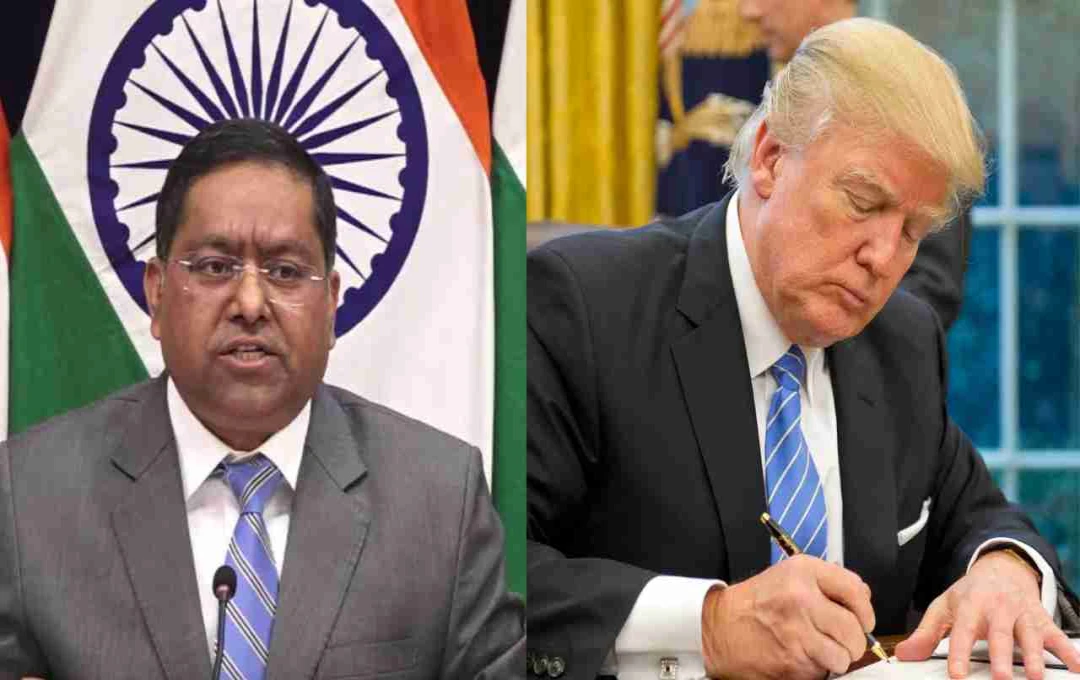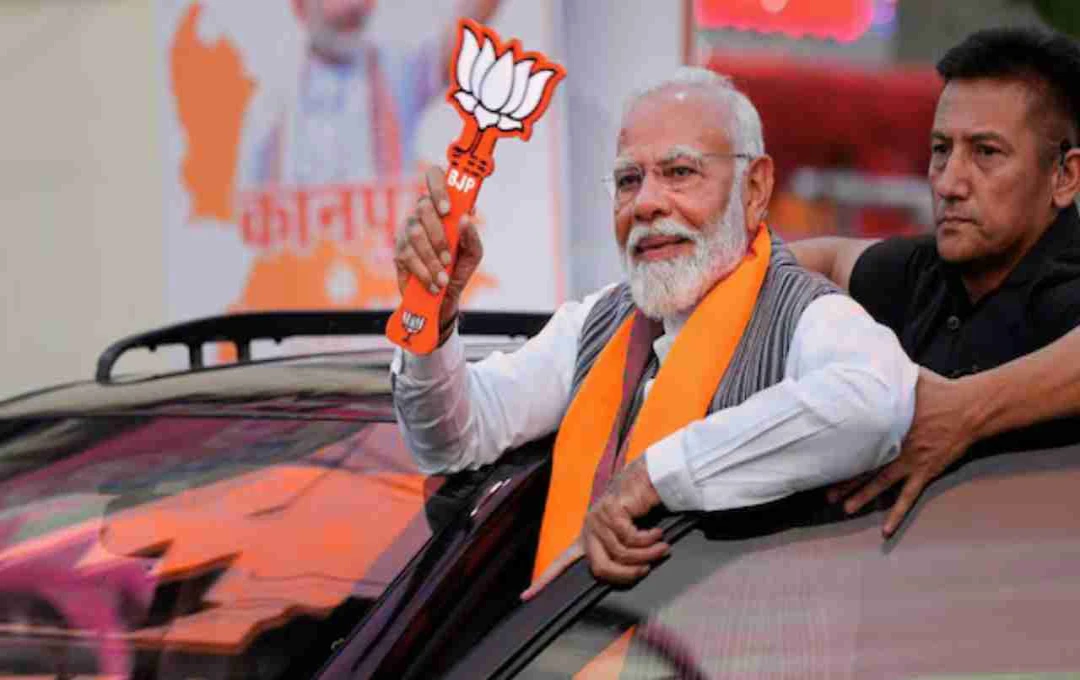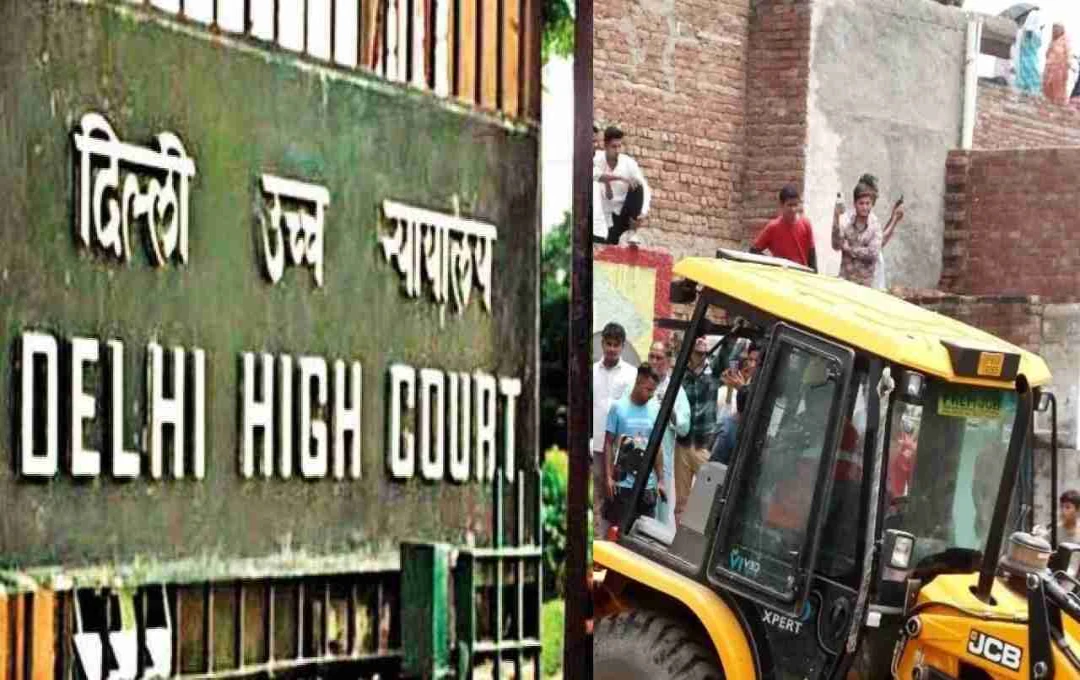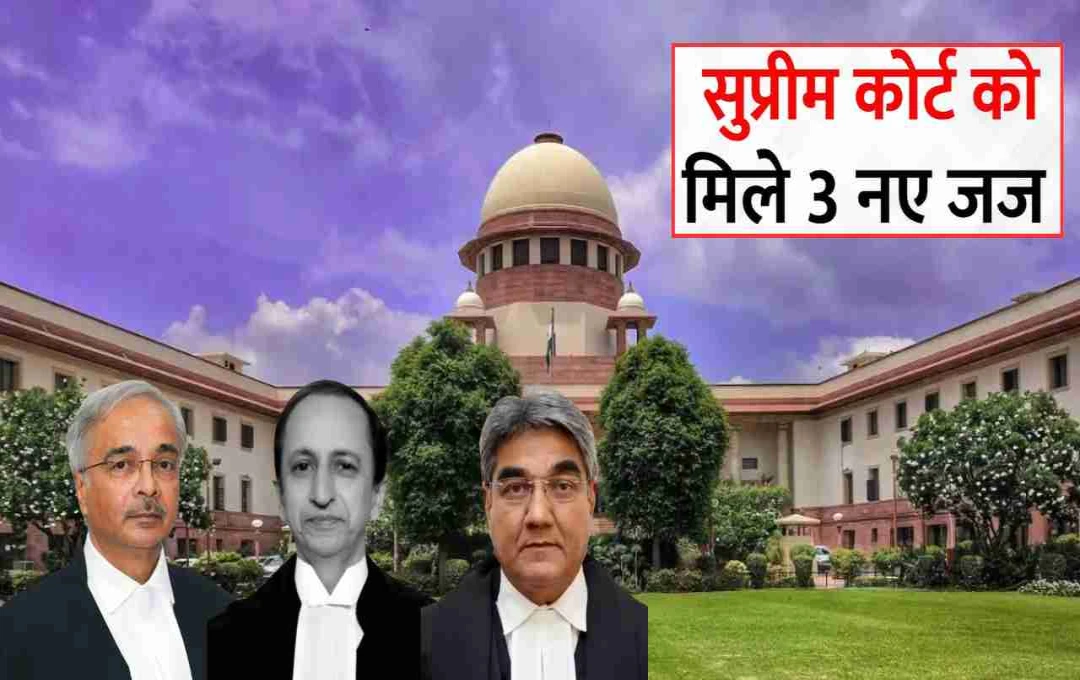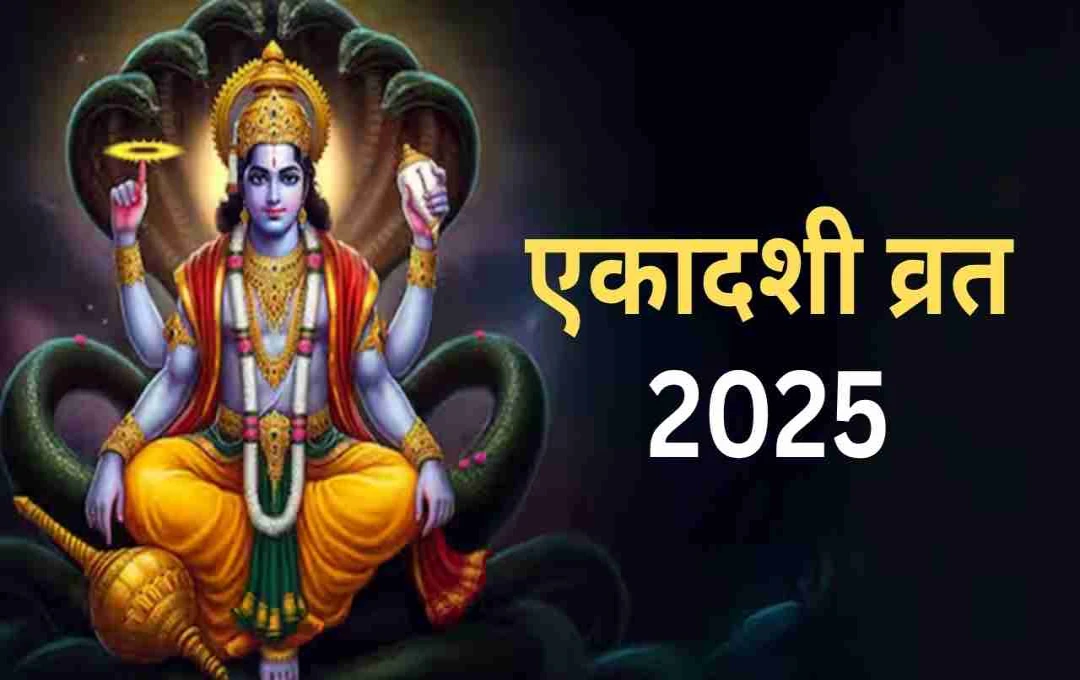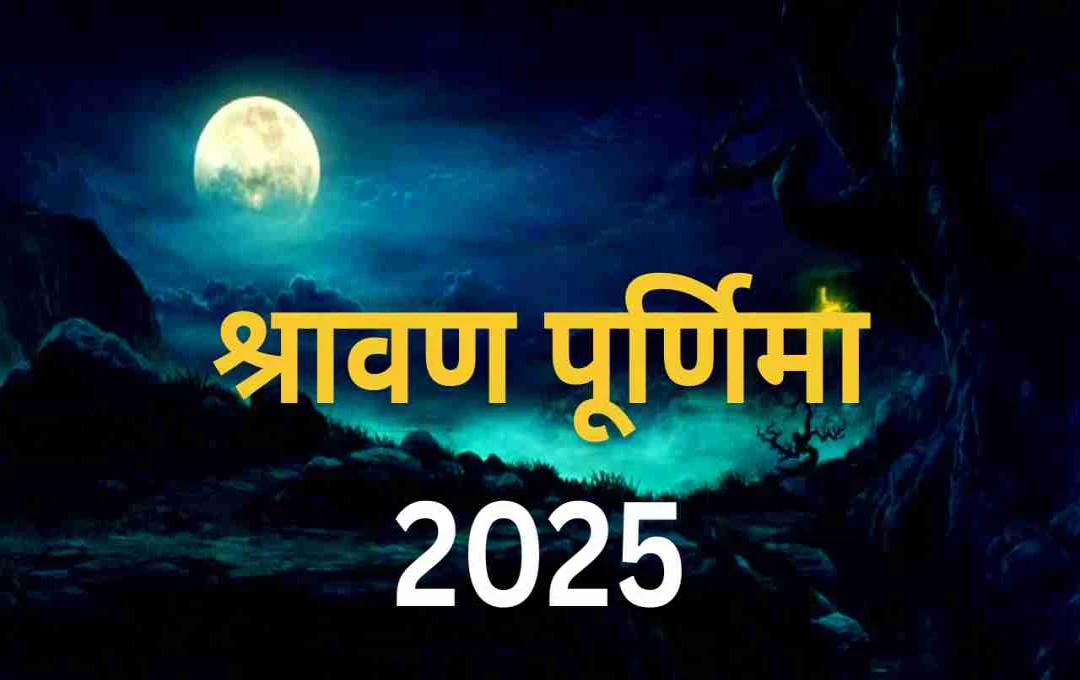India Rejects Trump Administration's Claim on Ceasefire
The Ministry of External Affairs stated that tariffs were not discussed during the ceasefire negotiations and that India maintains a firm stance against terrorism.
America: The United States made a peculiar claim regarding the recent ceasefire between India and Pakistan. The Trump administration asserted in a US court that the threat of American tariffs played a crucial role in achieving the ceasefire. However, India categorically rejected this claim, clarifying that tariffs were never mentioned during negotiations with the US.
India Rebuts Trump Administration's Claim on Tariffs
The Trump administration claimed in a US federal court that the threat of American tariffs led to the ceasefire between India and Pakistan. However, Indian Ministry of External Affairs spokesperson, Randhir Jaiswal, completely denied this claim. He explicitly stated in a press conference that tariffs were not discussed during the May 7-10, 2025, talks between India and the US.
Jaiswal stated, "We have already clarified our position on this matter. The ceasefire between India and Pakistan was entirely India's initiative and part of its strategy. The US had no role in it, and tariffs were not even part of the discussion."
What Did the Trump Administration Claim?
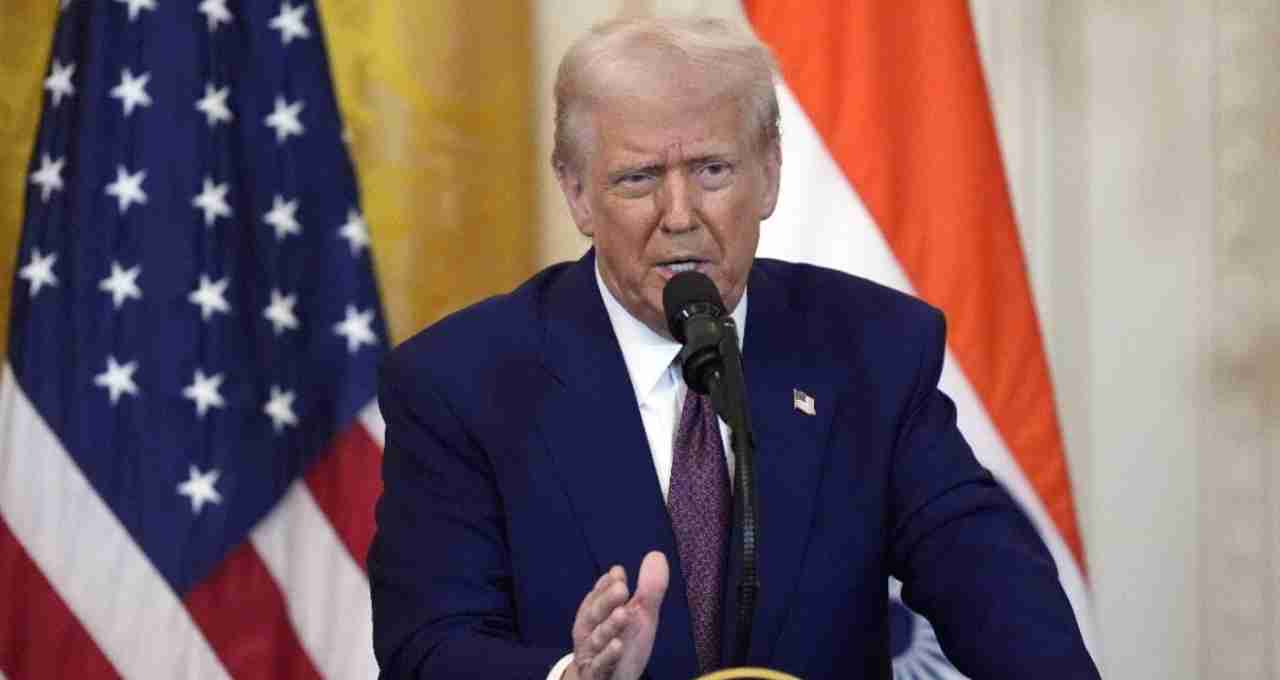
A case challenging US tariffs imposed on several countries is underway in a New York federal court. During this case, Trump's Commerce Secretary, Howard Lutnick, claimed that the threat of tariffs helped broker the ceasefire between India and Pakistan. He asserted that Trump offered both countries a trade deal, enabling the ceasefire.
However, India completely refuted this statement, clarifying that tariffs played no role in the process.
Why Did India Oppose America's Claim?
India maintains that while regular discussions between India and the US occurred from May 7th (commencement of Operation Sindur) to May 10th (ceasefire), the issue of tariffs was never raised. India's attack on Pakistan stemmed from a terrorist attack in the Baisaran Valley of Jammu and Kashmir on April 22nd, which resulted in the deaths of 26 Indian citizens and was directly linked to Pakistan.
India's operation on May 7th, targeting terrorist bases in Pakistan and PoK (Pakistan-occupied Kashmir), was a unilateral decision based on its anti-terrorism policy. The US played no role and exerted no pressure.
Ministry of External Affairs Issues Stern Warning to Pakistan
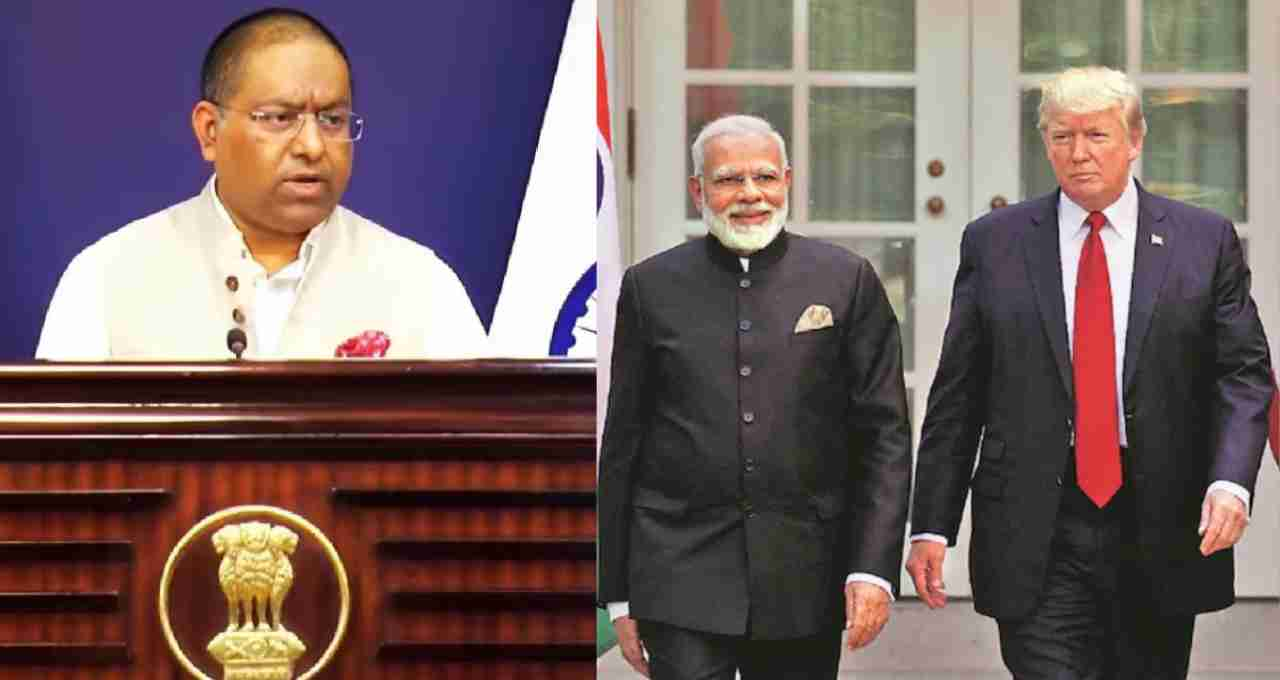
Spokesperson Randhir Jaiswal stated that any dialogue with Pakistan would solely focus on PoK – specifically, when Pakistan would return PoK to India. He also reiterated India's consistent stance: terrorism and dialogue are mutually exclusive. Pakistan must hand over the terrorists whose names are on the list already provided to them by India.
What Caused the Recent India-Pakistan Conflict?
A major terrorist attack on April 22nd in the Baisaran Valley of Jammu and Kashmir, resulting in the death of 26 Indian tourists, was attributed to Pakistan. This prompted India to launch Operation Sindur on May 7th, targeting terrorist bases in Pakistan and PoK. Three days of intense tension followed, culminating in a ceasefire agreement on May 10th.
What Happened in the US Court?
A US federal court hearing addressed reciprocal tariffs imposed during the Trump administration. The court deemed Trump's Liberation Day tariffs illegal and imposed a restraining order. During this hearing, Trump administration official Howard Lutnick claimed that the success of the India-Pakistan ceasefire was due to US tariff pressure.
